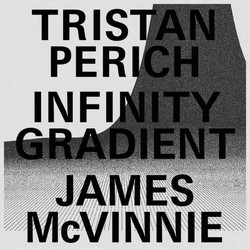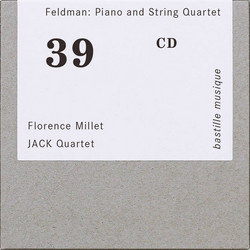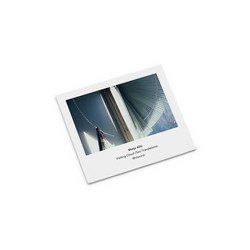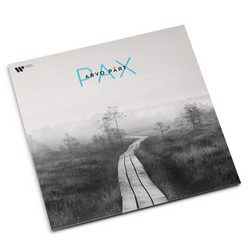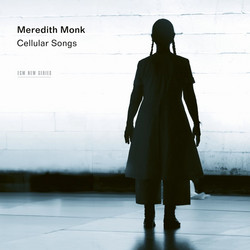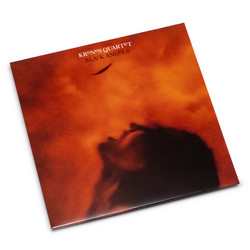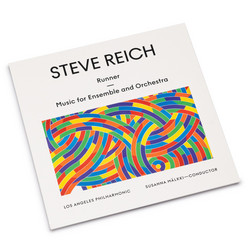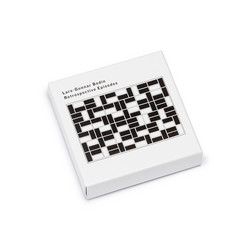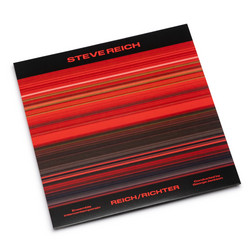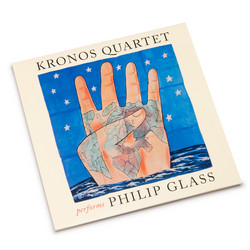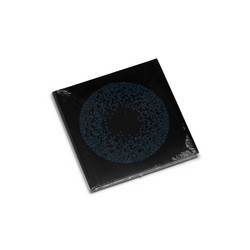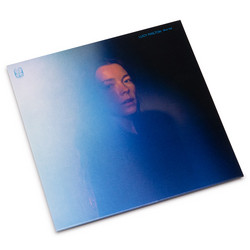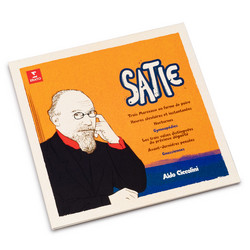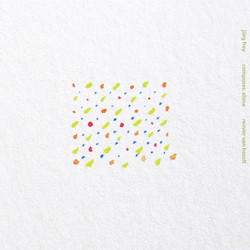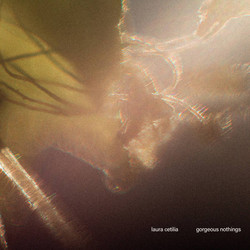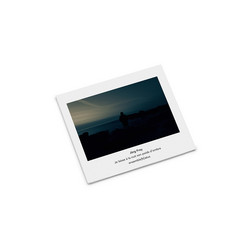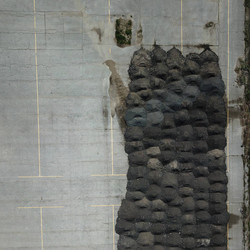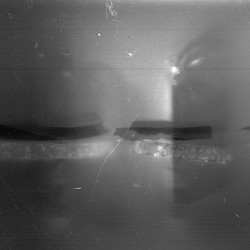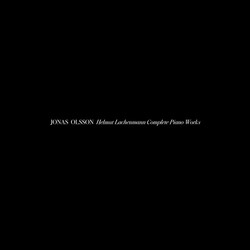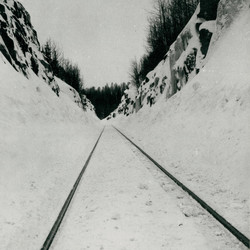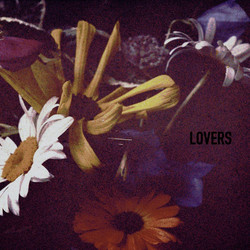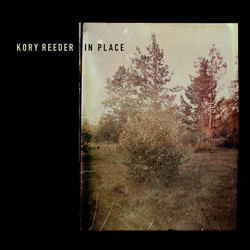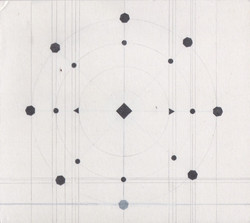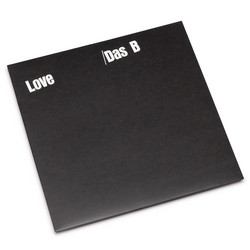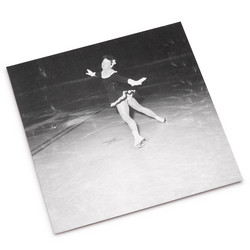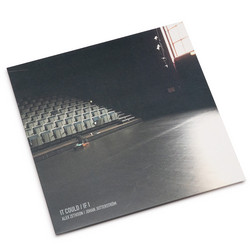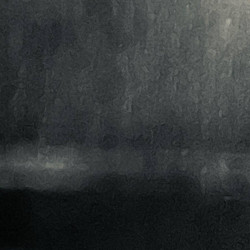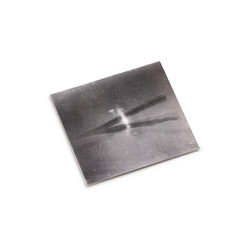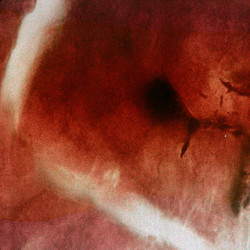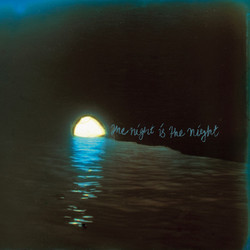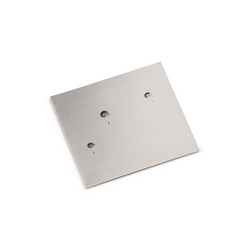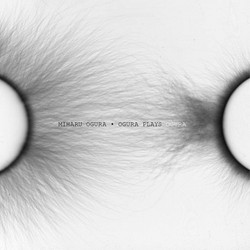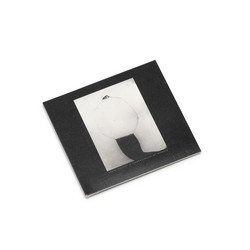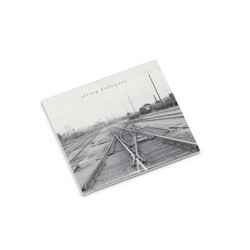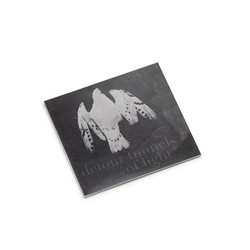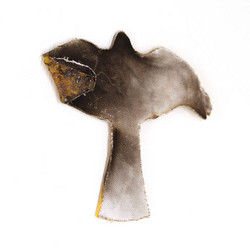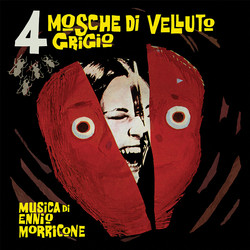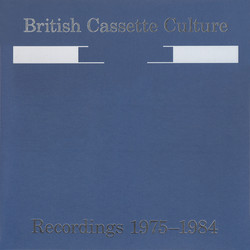*In process of stocking* Featuring the Sweden-based pianist, new music pioneer, and former Merce Cunningham-collaborator Kristine Scholz, the album "Scholz plays Otte and Cage" is focusing the music of two composers who over time came to mean a great deal to one another: Hans Otte (1926-2007) and John Cage (1912-1992). On the album, four movements from Otte's seminal work "Das Buch der Klänge" (1979-82) is combined with a stunning interpretation of Cage's "Music for Piano 4-19" (1953).
As the extensive liner notes by fellow pianist Mats Persson informs us, Otte and Cage first met in 1950s, at Yale University. Though, their close and mutual friendship developed later, after Otte had become the music director for Radio Bremen and had founded the festivals pro musica antiqua and pro musica nova. Cage was a frequently recurring guest at these festivals (where also Scholz has performed in duo with Mats Persson, with whom she's been working continuously since 1969).
"Das Buch der Klänge" is a brilliant example of Otte's ambitions to "bring sound closer to the listener/observer and thus give people the possibility to say in, rest in and live with sound". These qualities also resonates in "Music for Piano 4-19" by Cage, who already in the late 40s talked about liberating sounds from intentions and traditional ties.
As Persson explains regarding "Music for Piano", "[t]he score consists of 16 pages, which can be played as separate pieces or as one continuous piece" or "together with parts of/or the whole of Music for Piano 21-84 [...] I Ching operations decide the number of notes on each page, clefs (treble or bass), accidentals (#, b or natural) and technique (ordinario, pizzicato or muted) for each note. Tempi and dynamics are left to the interpreter to decide." With the right pedal being depressed throughout, a meditative sonic landscape emerges, wherein Scholz' unique capacity to highlight the slow-moving melodies inherent in the score, creates a calm yet distinct forward-movement.
